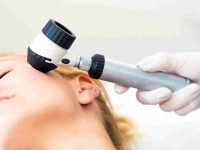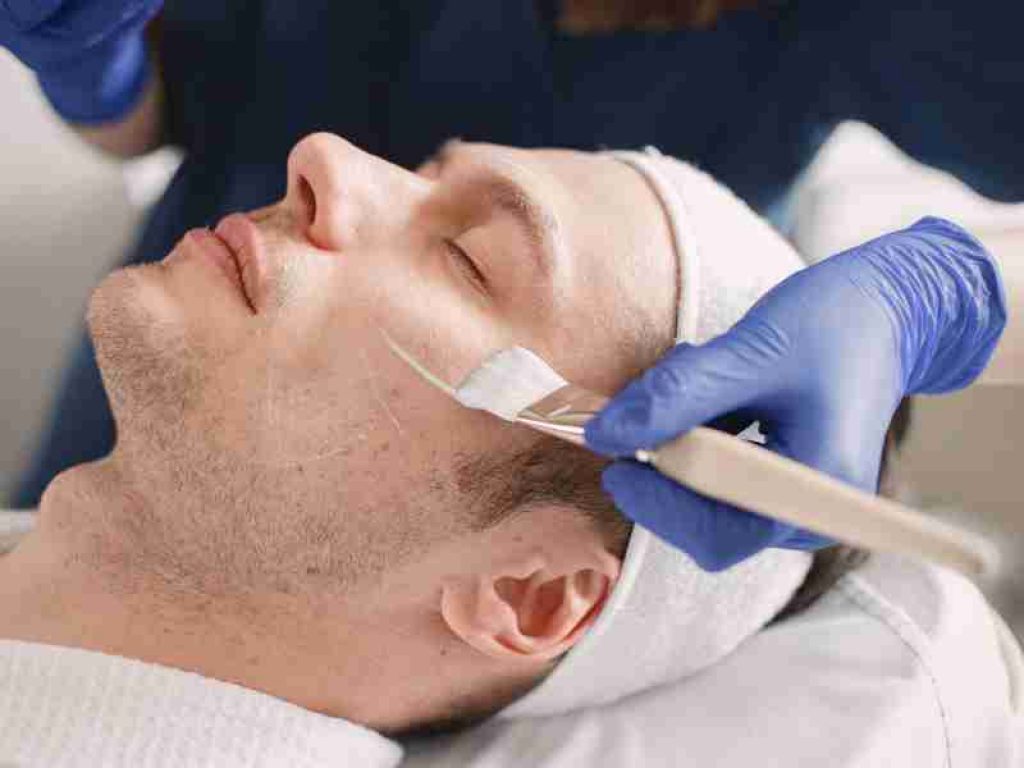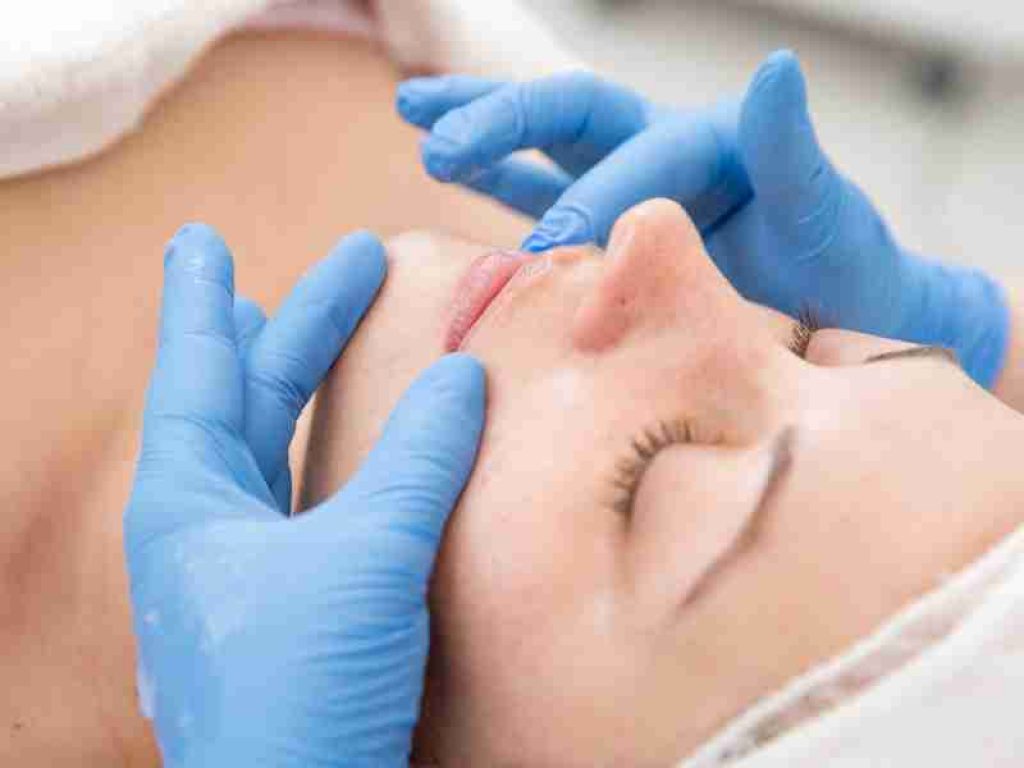
How Much Does A Dermatology Nurse Practitioner Make?
Discover how much a dermatology nurse practitioner can earn in this informative article. Dive into the salary range and factors that influence their pay. Find out if this career path is as rewarding financially as it is professionally.
What is a Dermatology Nurse Practitioner?
Nurse practitioners who specialize in dermatology are trained to recognize, diagnose, and treat a wide range of skin conditions, including but not limited to psoriasis, dermatitis, and infections caused by viruses, fungi, and bacteria.

They frequently see medical specialists, including dermatologists and surgeons. Medical facilities, doctor’s offices, and clinics are common places to find them at work. A nurse practitioner specializing in dermatology would mostly conduct in-depth patient evaluations.
This includes getting a thorough medical history from patients (including a list of their medications), conducting a physical exam, arranging any necessary tests, and going over the results. Based on the results of the examination, a diagnosis will be made, and treatment recommendations will be made.
For this position, you’ll need a master’s degree and certification as a Dermatology Nurse Practitioner. Also, you’ll need to earn your Nurse Practitioner and Dermatology-Specific Certifications after logging at least 3,000 clinical hours. Understanding the body’s physiology and pathophysiology is crucial for dermatologists and others treating dermatology conditions.
What Does a Dermatology Nurse Practitioner Do?

Many dermatology nurse practitioners have specialized talents that allow them to fulfill their roles. By reviewing applications, we could identify the top abilities that employers were seeking in candidates for this role. Many applicants highlighted their ability to communicate effectively, empathy, and attention to detail in their applications.
How much does a Dermatology Nurse Practitioner make?

As of the 27th of December, 2022, the average compensation for a Dermatology Nurse Practitioner (NP) in the United States is $106,103. The salary range, however, frequently ranges between $99,108 and $112,814. Several characteristics, such as level of education, professional certifications, unique abilities, and years of experience in the field, can significantly impact the salary.
How much tax will you have to pay as a Dermatology Nurse Practitioner?
In 2018, the average federal tax for an individual in this tax bracket was anticipated to be 24 percent. Paychecks for Dermatology Nurse Practitioners might average $5,093 after taxes at the 24% federal rate. This equates to a yearly salary of $122,222.
What are the salary expectations and job prospects for a dermatology NP?
The field of dermatology nursing is starting. There are few options for further education or fellowships for advanced practice nurses who desire to focus on dermatology. Most DNPs have to study on the job after getting a master’s or doctorate in a different specialty, such as family nurse practitioner or adult gerontology-primary care nurse practitioner, lowering their average salary.
Furthermore, the required competencies in this field did not become standardized until 2018. Exploring all the amazing possibilities of a dermatology nurse practitioner is harder than expected, due to varying state legislation.
An enormous step forward for the field was the establishment of the Dermatology Certified Nurse Practitioner (DCNP) credential as an objective measure of competency. This makes board-certified nurse practitioners in the practitioner of dermatology on equal footing with those in other specialty areas of nurse.
A dermatology nurse practitioner’s average income is expected to rise as the credential becomes more widely accepted, perhaps even motivating a bigger number of post-degree master’s programs. Currently, taking the qualifying exam to get credentialing is voluntary.
What jobs are available for Dermatology NPs?
With the rising trend of cosmetic surgeries, improved skin-care knowledge, and the ever-expanding senior population, Dermatology Nurse Practitioners are more sought after than ever before! An increasing number of patients are visiting dermatologists for a wide range of services, including treatment for skin conditions, Botox, and even medical conditions.
The increasing demand for healthcare services is partially attributable to the baby boomer generation. Maintaining healthy skin is crucial. Thus skin care products are expected to be in demand for some time.
Conclusion
The dermatology nursing field is growing, and there is a high demand for Dermatology Nurse Practitioners (NPs). With the increasing acceptance of the DCNP credential, average salaries are expected to rise. Becoming a Dermatologist still requires more advanced training than a Dermatology NP and board certification in dermatology or pathology. As the baby boomer population continues to grow, so does the demand for skin care services.
FAQ’s
What is a dermatology nurse?
A dermatology nurse is a registered nurse who specializes in providing care for patients with skin conditions and diseases. They work closely with dermatologists to diagnose and treat various skin conditions.
What does a dermatology nurse do?
Dermatology nurses perform a range of duties, including conducting patient assessments, administering medications, assisting with dermatological procedures, educating patients about skin care, and providing support and guidance for managing skin conditions.
What is the career outlook for dermatology nurses?
The career outlook for dermatology nurses is highly promising. With an increasing emphasis on skin health and the rising prevalence of skin disorders, the demand for dermatology nurses is expected to grow significantly in the coming years.
What are the job prospects for dermatology nurses?
Dermatology nurses can find employment in various healthcare settings, including dermatology clinics, hospitals, private practices, and research institutions. The demand for their specialized skills and expertise is expected to create ample job opportunities.
What is the salary range for dermatology nurse practitioners?
The salary range for dermatology nurse practitioners can vary depending on factors such as experience, location, and level of education. On average, dermatology nurse practitioners can expect to earn a competitive salary that reflects their advanced training and specialized knowledge.
Are there opportunities for career advancement in dermatology nursing?
Yes, there are numerous opportunities for career advancement in dermatology nursing. Nurses can pursue advanced practice roles as nurse practitioners or specialize in specific areas of dermatology such as cosmetic dermatology or pediatric dermatology.
What education and training are required to become a dermatology nurse?
To become a dermatology nurse, individuals must first complete a registered nursing program and obtain a nursing license. Additional training and certification in dermatology nursing is highly recommended to gain specialized knowledge and skills in the field.
Are there any professional organizations or associations for dermatology nurses?
Yes, there are several professional organizations and associations dedicated to dermatology nursing. These organizations provide resources, networking opportunities, and continuing education to support dermatology nurses’ professional growth and development.
Who is higher than a dermatologist?
They have advanced training in assessing skin, hair, and nail conditions and may hold board certification in dermatology or pathology. Using microscopic observations and information from your dermatologist, the dermatopathologist acts as a “Private Eye” to explain your skin problems.
Is BS dermatology a doctor?
It would help if you were always referred to a Dermatologist as a licensed medical doctor. Even though they are not licensed physicians, skin specialists know much about helping with minor skin conditions.







